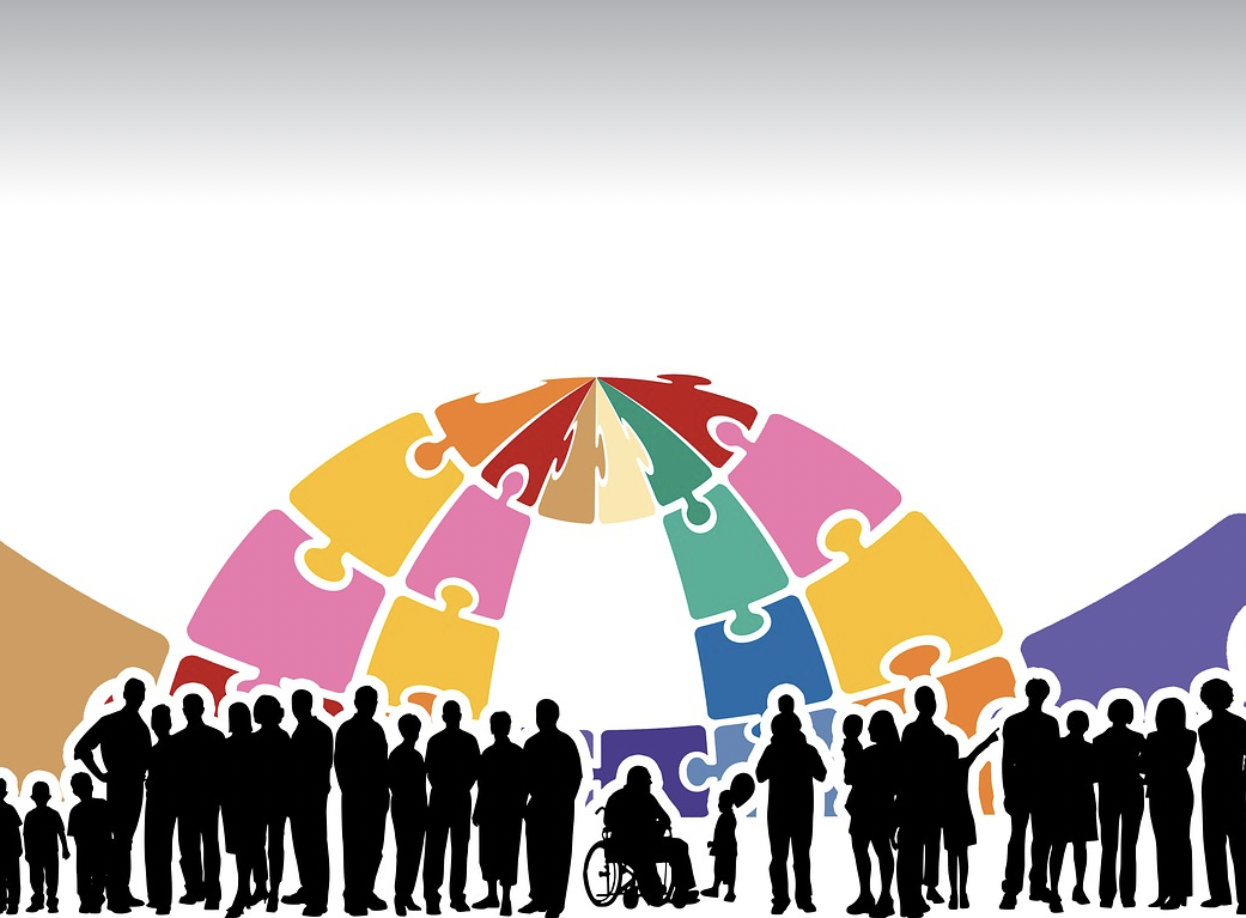

By Mary Fridley
If you haven’t already, I urge you to take a few minutes to read “We May Soon be Telling a Very Different Kind of Story About Dementia,” a June 14 New York Times guest essay from respected author Lynn Casteel Harper. I am also proud that Lynn is a member of Reimagining Dementia: A Creative Coalition for Justice, an international group and the center of a grassroots movement to creatively transform the “tragedy narrative” of dementia and cognitive decline.
A tragedy narrative that, as Lynn writes, “…obscures the reality that a significant measure of their [people living with dementia] suffering emerges not from the condition alone, but from the social response to it — the part of the situation we are most able to fix.”
She should know. As someone with a long family history of Alzheimer’s who has worked as a chaplain on the dementia unit of a nursing facility and minister of older adults at a large church, Lynn has seen “…up close that dementia is not just a decline unto death. It can also involve ascendant humor, compassion, and connections beyond the strictly rational. It’s important for us to talk about it, to tell stories about it, to write books and make movies about it. But we need new ways to do so.”
The emphasis is mine, because I believe Lynn is speaking for millions of Americans and other global citizens who are calling ever more publicly for new ways to live, love, heal, care, govern, educate, and so much more. I am proud that people living with and impacted by dementia are part of this outcry because, contrary to popular belief, we don’t “live in our own worlds”; we want to be part of transforming the world on behalf of everyone.
Hyperbole? I don’t think so. What else explains the fact that “We May Soon Be Telling a Very Different Kind of Story About Dementia” was, on a news day dominated by headline-grabbing national and international events, one of the most popular stories clicked on by readers.
Think about that for a minute: One of the top stories in a newspaper read each day by tens of millions of people globally is a story being created, not by the official experts, academics or industry leaders, but by people from all walks of life – including those featured in the essay – with the commitment and courage to search for something new, even as it’s not always clear what that “something new” is.
As coordinator of the Reimagining Dementia Coalition – which has 1,100 members in 47+ countries (and reaches many more through our website) – I talk to dozens of these people every week. Most recently, I’ve spoken with, and learned from, people living with dementia in Connecticut, Vermont and Singapore, care partners in New Zealand and India, end-of-life doulas in England and California, researchers in Maryland, Nigeria, Canada and Italy, social workers in California, Scotland and Canada, an activist in Mexico and a community leader in Cameroon.
Almost to a person, they say: “We want to be inspired. We want to imagine. We want to care in more conversational, collaborative, and creative ways. Most of all, we want to be part of building a WE that can make a meaningful difference.”
Almost no one asks for more information or to be “educated.” Perhaps because we already live in a world overflowing with knowledge – where just one Google search for “creativity and dementia” yields millions of results.
Rather, they’re looking for tools and environments intentionally designed to bring people together across differences in background and belief – in wonderfully human and imperfect ways – so that we can have a shot at creating the conversations, connections, communities of belonging, and activities of care that generate what we all want and need: HOPE.
Because in the end, there is nothing more important, or more inspiring, than hope.
Throughout history, there have been defining eras – like the Age of Reason – where new ways of thinking (and new ways of doing based on that thinking) sparked massive cultural shifts. An age, however, in which those diagnosed (formally or informally) as “cognitively other” too often face shame, stigma, isolation, or worse.
Today, we are on the threshold of a new kind of transformation – so we invite you to be part of creating this new age:
An Age of Inspiration.
An age where people across the globe are creating a future and a vision of humanity driven not by reason, logic, and individualism, but by imagination, creativity, collaboration, and the possibility of building something better.
To learn more about what we’re doing in the dementia arena, visit the Coalition’s website, where you can listen to “Let’s Reimagine”, a musical call to action; learn how you can be part of our Taking It to the Streets campaign that begins on September 21; learn more about the individuals and organizations who are taking up the “inspiration banner” and/or join as a member.
And if you just want to chat and/or be connected with other creative inspirers in and out of the dementia arena, be in touch – our email is reimaginingdementia.com – we’re ready for a conversation!
Mary Fridley is on the faculty at the East Side Institute in NYC, co-creator and leader of The Joy of Dementia (You Gotta Be Kidding!), and coordinator of Reimagining Dementia: A Creative Coalition for Justice. An accomplished teacher and workshop leader, Mary practiced social therapy for 12 years and uses the social therapeutic approach as a teacher and workshop leader. She is the author or co-author of several articles and chapters on the Joy of Dementia, including a chapter that appears in The Applied Improvisation Mindset, published in August 2021. Additionally, Mary is a guest blogger for agebuzz and a playwright and theater director. She makes her living as a non-profit fundraising consultant. She can be contacted at [email protected].